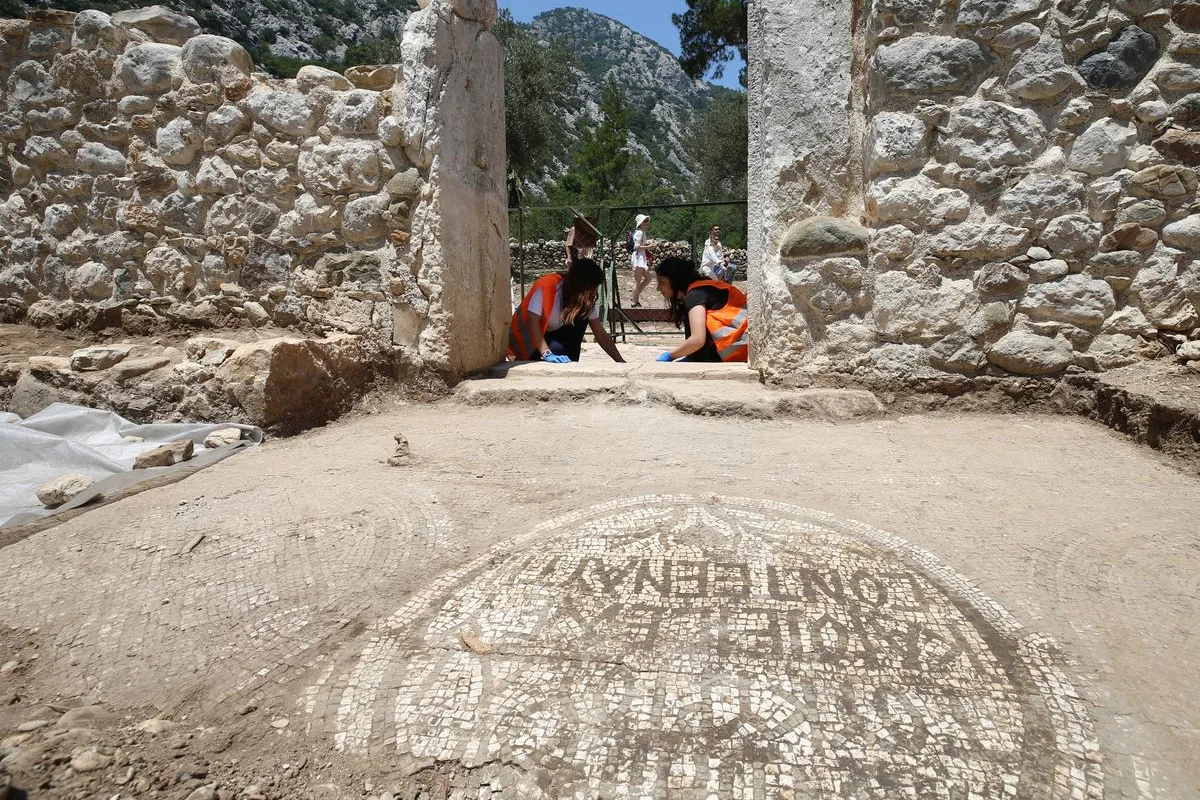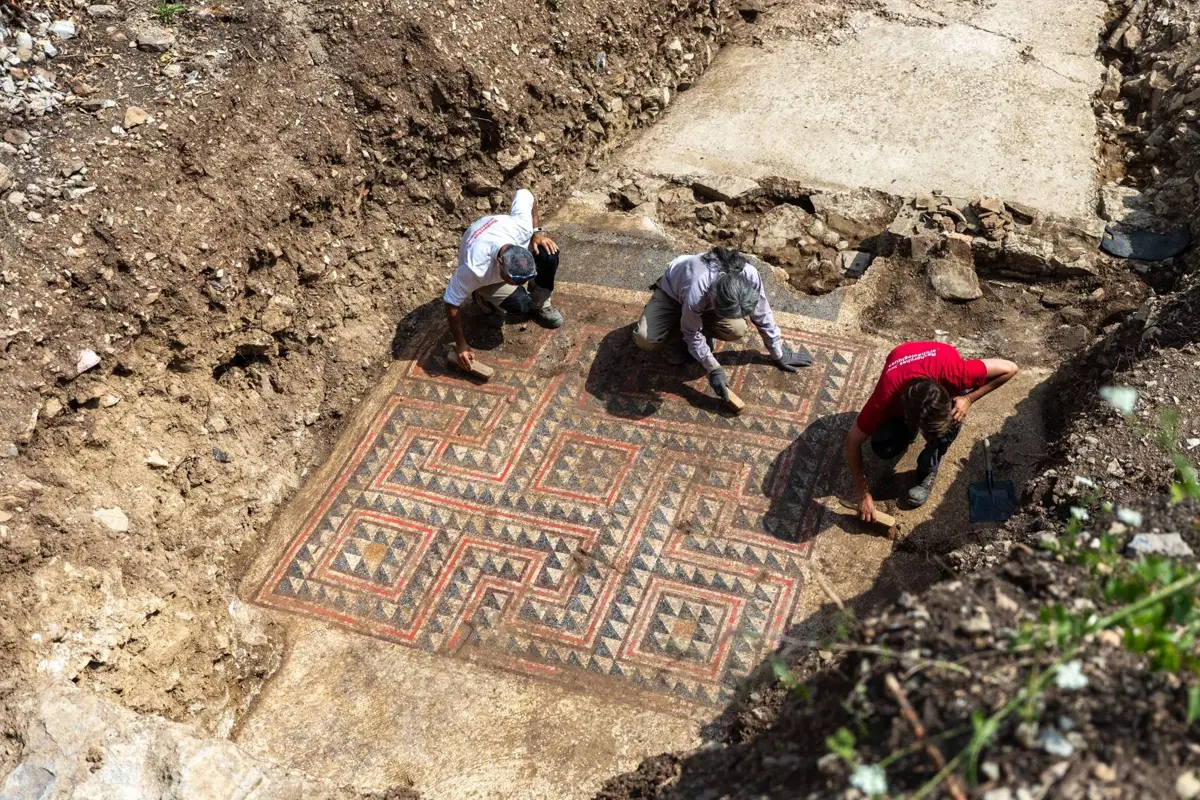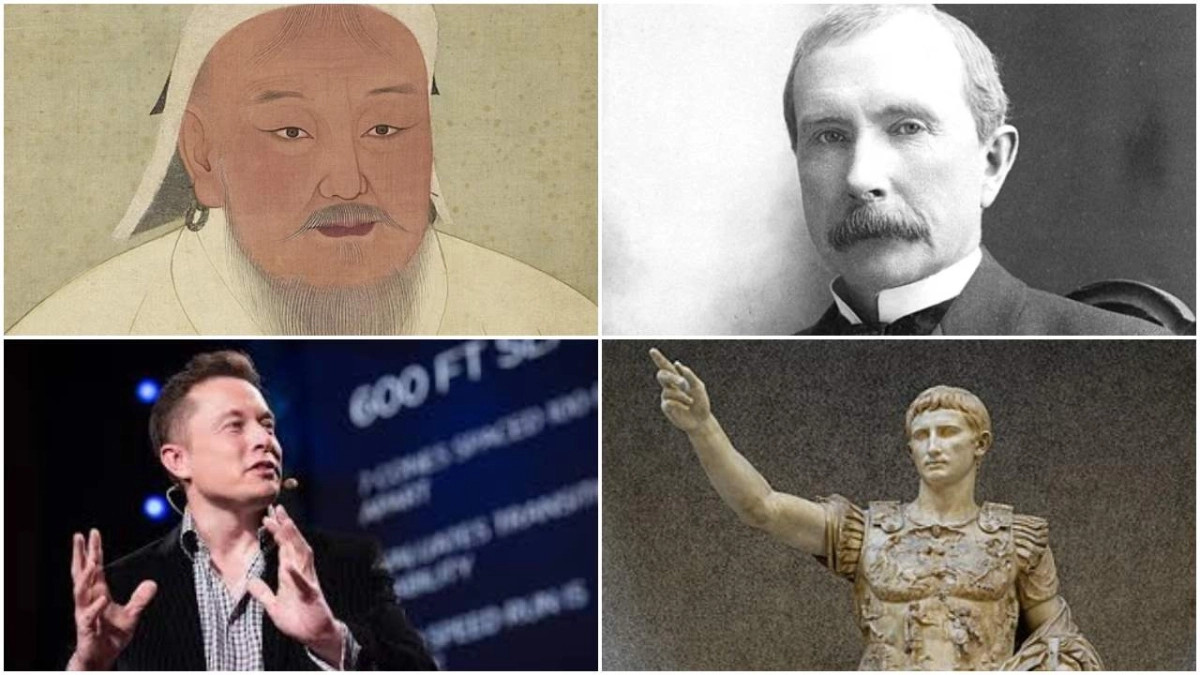An academic expert who opposes the return of the Parthenon Marbles to Greece is among the latest appointments to the British Museum's board of trustees, as reported in a recent article by The Guardian.
The new British Museum trustee asserts that claims for the return of the Parthenon Marbles are unfounded.
Dr. Tiffany Jenkins, author of the book "Keeping Their Marbles," will join the new trustees, who include television presenter and writer Claudia Winkleman, Lord Finkelstein, a Conservative peer who advised Prime Minister John Major, historian and podcaster Tom Holland, and former BBC radio news presenter Martha Kearney, for a four-year term. The chairman of the trustees is George Osborne, the former Conservative Chancellor of the Exchequer.
After recalling how the Parthenon Marbles were acquired by the British Museum in 1816, and the subsequent challenges to their legal ownership, the newspaper reports that:
In her book "Keeping Their Marbles: How the Treasures of the Past Ended up in Museums… and Why They Should Stay There," Jenkins examined the influences behind the high-profile battle for the return of museum artifacts in an effort to rectify historical wrongs. Her views contrast with those of another well-known historian and broadcaster, Dr. Alice Roberts, who recently met with Greek Minister of Culture Lina Mendoni during the filming of her series on Ancient Greece for Channel 4.
Earlier this month, Roberts told Radio Times: "They belong back in Athens. It's not equivalent, but I imagine in England, we would be upset if another country had significant pieces of Stonehenge and wouldn't give them back. But actually, the argument is deeper than that. There's a compelling need to acknowledge some of the questionable practices of the past, which often went hand in hand with the history of colonialism."
Last month, Greece elected a new president, Konstantinos Tasoulas, who is a prominent supporter of the marbles' return. A former Minister of Culture, Tasoulas played a pivotal role in reinvigorating efforts to reclaim the 2,500-year-old sculptures, The Guardian writes.
From Ownership to Reunification
Until recently, the British response was rooted in the idea that the removal was legal and that the British Museum is the safest custodian. But the argument has shifted in recent years, as Greece moved away from simply claiming ownership. The issue is now often framed as a matter of "reunification," involving the sharing of heritage.
This stance was emphasized by Greek Prime Minister Kyriakos Mitsotakis, who suggested that art can be housed in another country without losing its significance. But in 2023, then-Prime Minister Rishi Sunak abruptly canceled a meeting with Mitsotakis, a move interpreted as an attempt to avoid the issue.
The museum's board of 20 trustees includes a mix of cultural backgrounds, such as Indian-American Amazon executive Priyanka Wadhawan and economist Professor Abhijit Banerjee, as well as Chinese economist Weijian Shan and Colombian-American philanthropist Alejandro Santo Domingo.
Last July, Culture Minister Lisa Nandy announced an effort to attract the widest possible talent pool to the public appointments system.
Announcing the appointments, Culture Minister Chris Bryant said: "Public appointees help lead some of the UK's most well-known institutions, and these exceptionally talented individuals with a wide range of personal and professional experience will contribute significantly to how they are run and help promote British soft power abroad."







